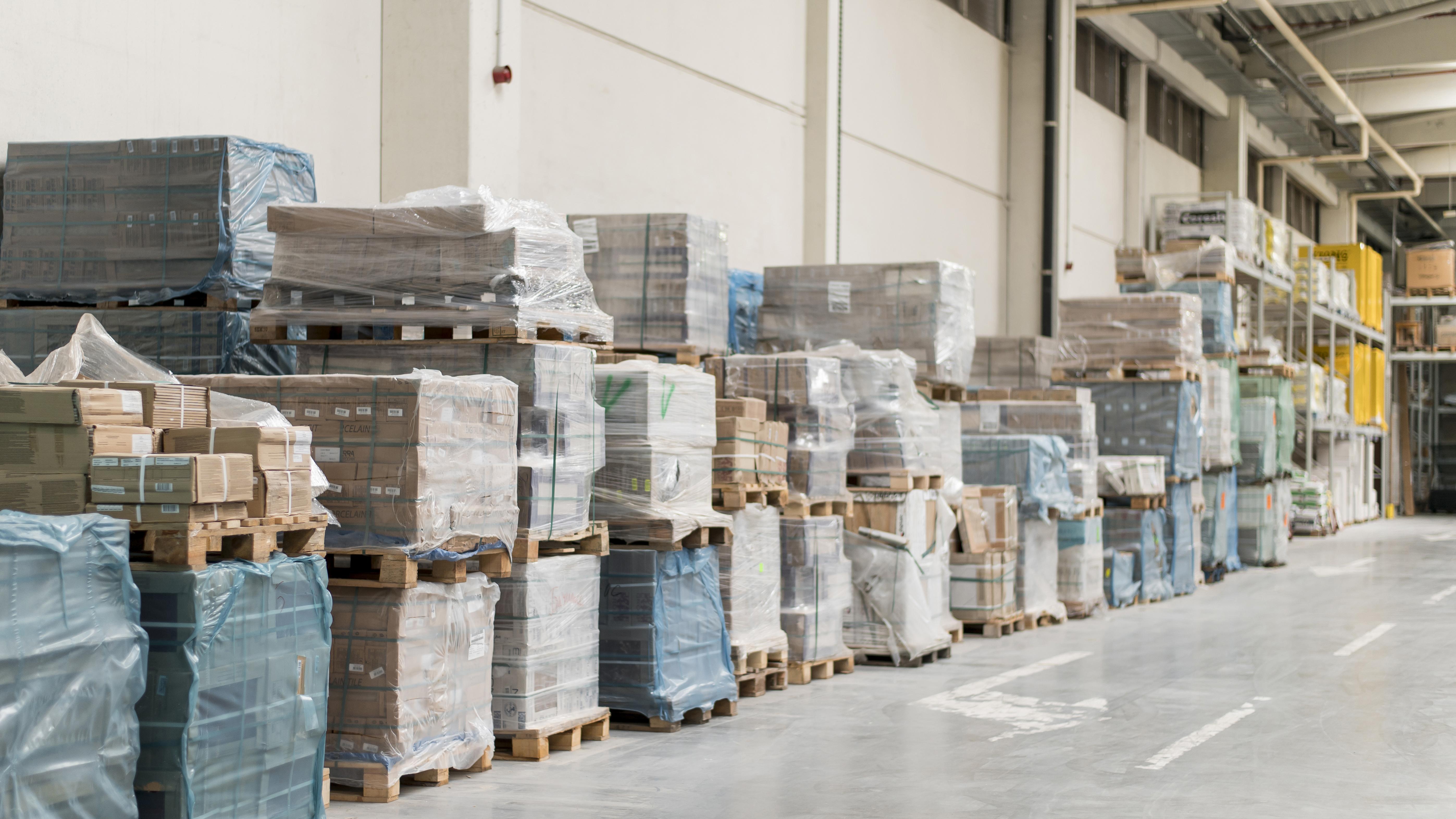
Collaboration in the supply chain to decarbonise the sector
Procurement and logistics
For Royal IHC, efficient and effective logistics is a critical business process. Therefore, the Procurement & Logistics department shoulders the majority of the responsibility; not only for continuity and profitability, but also for the decarbonisation of the flow of goods. And there are many of those. This is due to the diversity of vessels and equipment manufactured, but also due to the large number and wide variety of spare parts. In addition to deliveries to customers, transport and stock management are also part of the department’s logistics duties, combined with the group’s centralised procurement. This allows the team to do their bit every day to make business processes sustainable and ensure compliance with standards and rules in the area of sustainability.
High on the agenda
We are going increasingly circular in our manufacturing, adhering more and more to the cradle-to-cradle principle. Especially the Metalix business unit, which makes steel structures, has made great progress in this regard. However, 2022 was a challenging year, with sharply fluctuating prices of key resources, including steel. Despite that, the department keeps doing their best to make sure sustainability stays high on the internal agenda. Take the electrification of logistics, for example. With forklift trucks all being electric now, we are closely tracking further developments in the field of electric transport solutions. On top of that, we are convinced that the benefits of further decarbonisation, for example, also add to the company’s competitive edge. After all, increasing awareness of supply chain responsibility is leading to more and more customers selecting their suppliers partly based on sustainability credentials. We also carefully select our warehousing and transport partners; these have to truly strengthen us in terms of sustainability.
Realistic and feasible
It is also important to advocate for realism. Ambition is good, but so is feasibility. In order to get staff and suppliers on board, it is often wise to set realistic targets. Small steps will also get you there. Meanwhile, we maintain a dialogue about these topics with our partners. Examples of progress and collaboration include the reduction in the energy and material used for the packaging of shipped parts, which was accelerated partly due to high prices.
One of the materials Royal IHC uses for this kind of packaging, wood, saw sharp prices increases in 2022. We regularly engage with customers to see if we can come up with smarter packaging or combined transport solutions for the shipping of parts. Take the decision to use the air freight option, for example. Air freight has major impact on our carbon footprint, and when you talk to the customer, it sometimes turns out that it is not really necessary to send shipments by air. And after delivering one shipment to a customer, perhaps you can bring something else back? Efficient transport serves multiple purposes. It not only brings costs and resource use down, it also means you pay less in environmental tax.
Measuring and checking
Colleagues in the department have experienced that organisations only tend to act when they experience the urgency behind it, when there is awareness. To achieve sustainability goals, you have to start by mapping the current situation. This will give insight into what needs to be done. Next, you engage with employees and partners, which potentially yields yet more new insights. However, no matter how many talks you have and how wonderful your goals are, at the end of the day you also have to be critical in the here and now. This means that you have to monitor to what extent everyone’s behaviour is compliant. Here, too, the basic idea is that only by measuring and checking can you know for sure.
This scrutiny is not something you only do afterwards. Before doing business with suppliers and customers, we screen them for sustainability performance to see if we actually want to do business with them. Combinations of products and applications are subject to critical scrutiny.
Supply chain partnerships
In the context of supply chain responsibility, along with other big names from the maritime industry like Boskalis, Van Oord, and Damen, Royal IHC is involved in the One Maritime Data Standard (OMDS) initiative to create a unified data standard for supply chain management. We are pulling together with these parties in collecting sustainability data, seeing as all companies in our industry have to meet the same reporting requirements. In this same partnership, we are also looking into how to decarbonise supply chains by working together on systems such as BlueScan and Integrity Next. So, it is clear, procurement and logistics also have a key role to play in achieving the company’s strategic sustainability goals!

Stay up to date
Interested in the developments in this area at Royal IHC? Sign up for our newsletter where we highlight our latest innovations, news and our sustainability efforts.